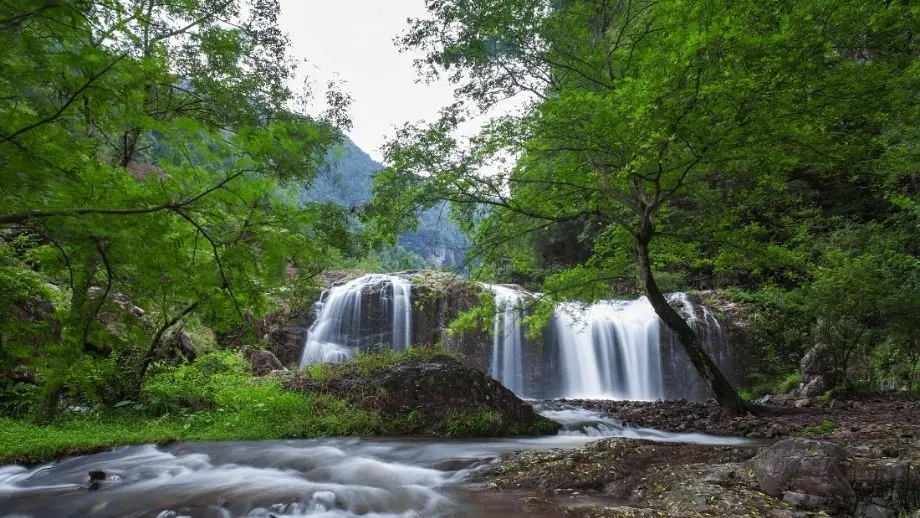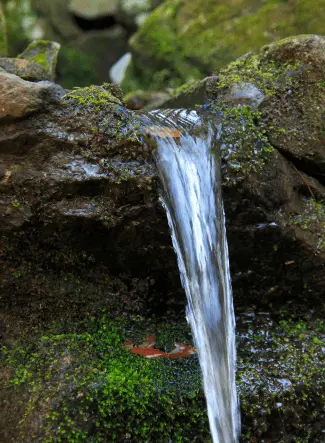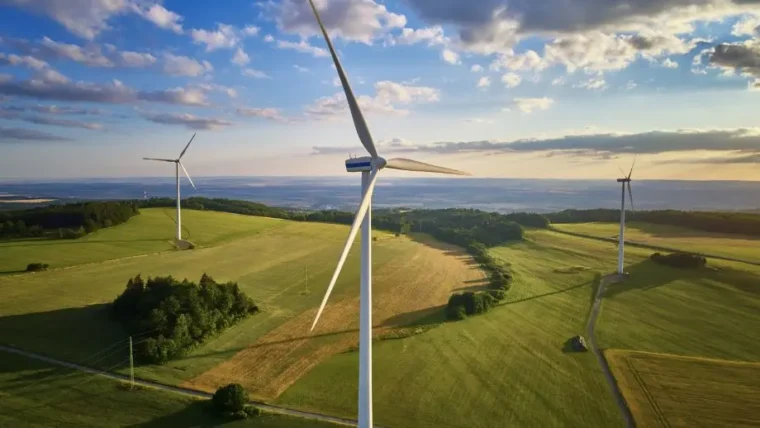During times of drought our groundwater is more important than ever
22 August 2022

Water demand has increased in tandem with the growth of industry, agriculture, and population. Around 60% of the world is now experiencing a freshwater shortage (Zektser I, S., and Everett, L.G., 2000).
Recent heatwaves and lack of rainfall have raised concern about the UK’s water resources. Together, these two factors reduce river flow, deplete reservoir stocks, and increase water demand.
One aspect that has received less attention is groundwater.
What is Groundwater?
Groundwater is an essential source of water for humanity. It is underground water that exists in cracks and spaces in soil, sand, and rock.
During the rainy winter months, aquifers (bodies of permeable rock/sediment) fill up and serve as natural reservoirs. Rainfall won’t typically reach the aquifers throughout the summer because it is absorbed by the soil, used for growing vegetation, or evaporates back into the atmosphere. In dry summer months, water that has been stored in these aquifers over the winter can be accessed, serving as a significant and reliable source of water.
Groundwater can be drawn up via wells and boreholes or it can rise to the surface through naturally occurring springs. Even the driest parts of the UK are fortunate to have a productive chalk aquifer underneath them that can be utilised.
Groundwater and Drought
To avoid being impacted during the early stages of a drought, larger sources used by water companies for public supply are typically located in the areas of the aquifers where groundwater supplies are most robust and reliable.
Large public supplies are typically impacted in the later stages of a drought. In the United Kingdom, groundwater is managed through an abstraction licence system; the total amount of water that can be extracted from an individual aquifer is controlled to ensure supplies are shared among users and to minimise the impact of pumping on rivers and wetlands. The Environment Agency handles this in England.
Pumping groundwater is commonly stipulated in licences to reduce or cease when water levels fall below certain limitations, or when flow in rivers that rely on groundwater falls too low. However, if droughts become extremely severe, pumping groundwater may be the only choice for maintaining critical supplies.
Low Groundwater and the Environment
Groundwater is under threat from increasing water needs, pollution, and climate change. Low groundwater adversely affects the environment through low outflow to rivers and less water for abstraction. Groundwater is a vital part of our precious and complex ecosystem, and must be nurtured if we are to address the looming climate crisis.










